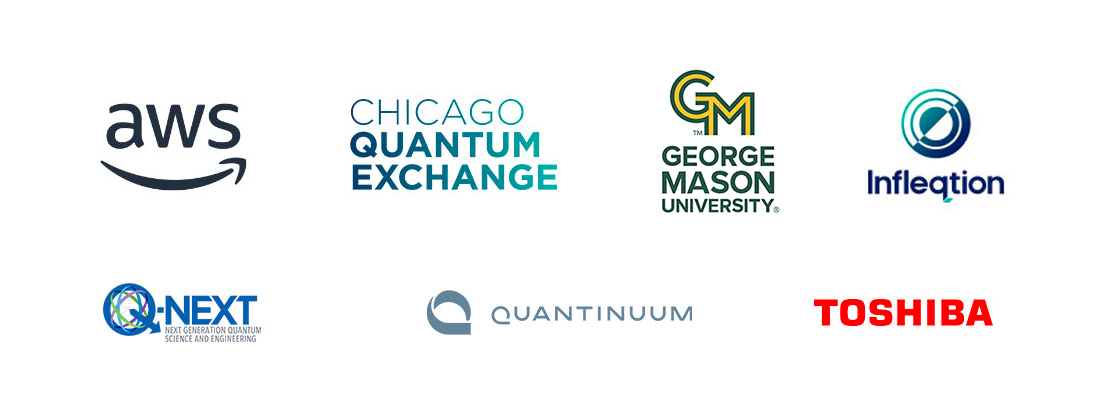Exploring the frontiers of Quantum Technologies as they are applied to the business, covering Quantum Computing and Quantum-Secured Communications, to address Quantum Computing’s inevitable disruption to today's cryptography.
In classical computing, the smallest unit of information is a bit, represented as a one or zero. With quantum computing, the smallest unit of information is the quantum bit (qubit), which can exist as one, zero or simultaneously as both. When two or more qubits are brought together and entangled in a closed system, they form something similar to a network that, when paired with a quantum algorithm, can unleash computational capabilities that are more powerful than those of classical computers. Quantum computers have the ability to operate on multiple inputs simultaneously, and their computational power doubles with every new qubit added to them—an exponential growth. Quantum algorithms can harness this property to solve certain types of problems significantly more efficiently than the best known classical computers. For example, for option pricing, the classical Monte Carlo simulation needs millions of samples, but its quantum counterpart achieves dramatic speedup with only a few thousand samples. Once quantum computers exceed the capabilities of classical computers, they will reach what is known as quantum supremacy.
JPMorgan Chase is one of the first financial institutions worldwide to invest in quantum computing and to build an internal team of scientists to work on new quantum algorithms and applications to address business use cases in finance, AI, optimization and cryptography. There is a need for standardization across the quantum industry in areas including consistent metrics to quantify hardware fidelity, post-quantum cryptographic algorithms, and quantum secure channel communication protocols. We also believe that there will be a shift from optimizing an entire algorithm to breaking it apart into a hybrid classical/quantum algorithm where quantum will be used only for portions of the computation that are exponential in nature, thereby creating the need for smart compilers that automatically perform this hybrid mapping.
To date, the program has produced new quantum algorithms for use cases such as portfolio optimization, option pricing, risk analysis, and numerous applications in the realm of Machine Learning, ranging from fraud detection to Natural Language Processing. The ultimate goal is to implement quantum solutions for the firm’s relevant use cases and embrace an industry-leading position in the chase for quantum advantage and quantum supremacy. The ultimate goal is to implement quantum solutions for the firm’s relevant use cases and embrace quantum advantage and quantum supremacy before its competitors. Additionally, JPMorgan Chase, Toshiba and Ciena completed an experiment that demonstrated the full viability of a first-of-its-kind Quantum Key Distribution (QKD) network for metropolitan areas, resistant to Quantum Computing attacks and capable of supporting 800 Gbps data rates for mission-critical applications under real-world environmental conditions. The success of this prototype shows that the firm now has a proven and tested method for preventing quantum attacks, and that it can be used to secure a Blockchain application—something that, up until now, has been unattainable.
Additionally, JPMorgan Chase and QC Ware, a quantum software and services company, have just completed a study of quantum “deep hedging,” paving the way for future increased risk mitigation capabilities in financial services.



